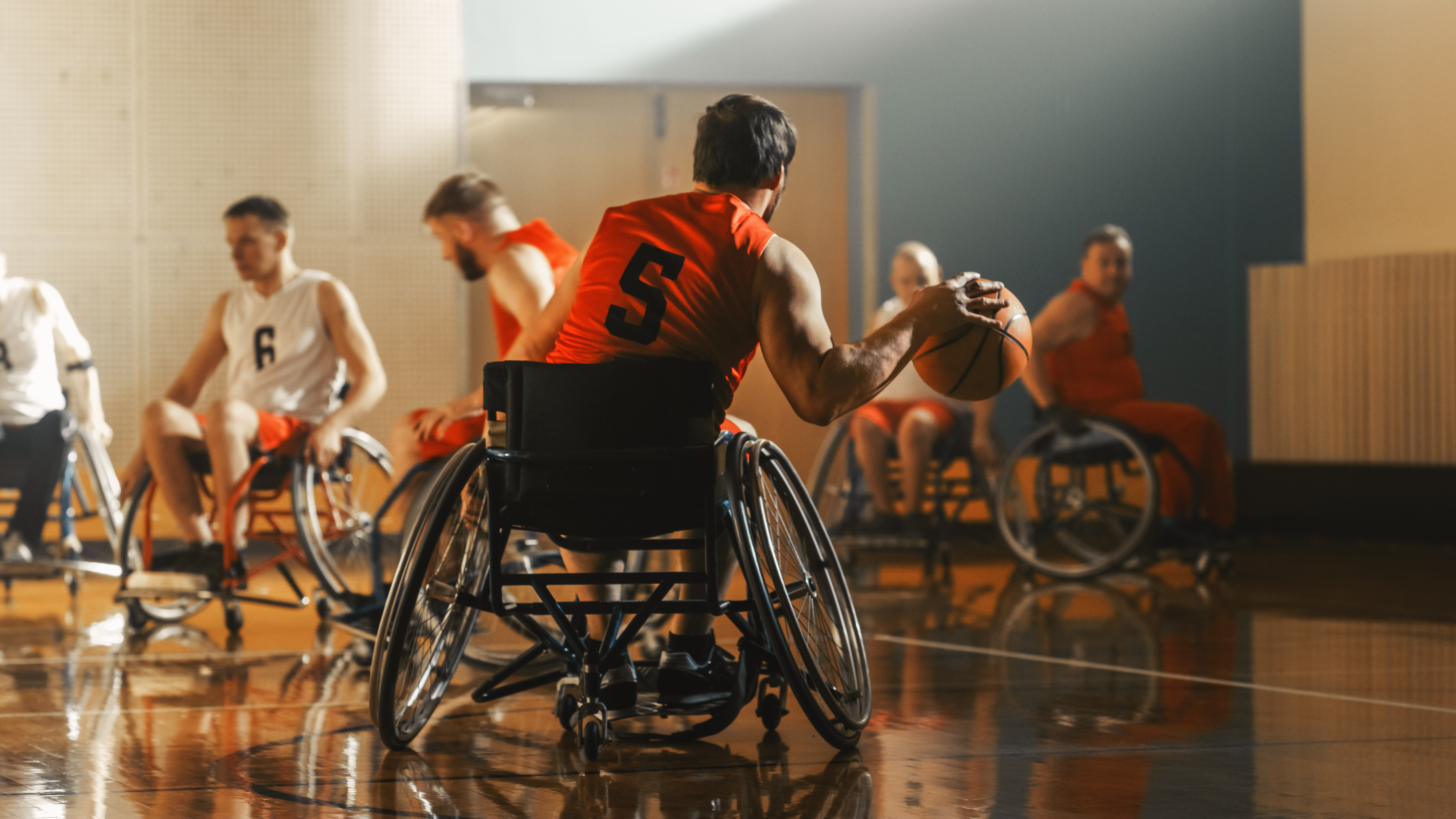
The American Medical Society for Sports Medicine Collaborative Research Network awarded a $150,000 Bridge to Future Clinical Trial Grant to study the feasibility of a comprehensive wellness intervention to promote mindfulness, resilience, and quality of life in para-athletes.
This search collaboration between teams at the university of Alabama at Birmingham, Harvard University, and the University of Cincinnati will pilot and assess the feasibility of a five-week comprehensive health and wellness program for para-athletes. It is focused on improving mental health, nutrition, physical activity, and overall health.
Adult para-athletes will be eligible and randomized to a specialized tele-wellness program that is an adaptation of the MENTOR (Mindfulness, Exercise and Nutrition to Optimize Resilience) Program. This will be a parallel two arm, multi-site trial with a goal of enrolling 72 participants (control and intervention) across sites in Birmingham, Cincinnati, Boston and one other as-yet-determined location.
The 5-week intervention program will feature weekly online sessions addressing exercise, nutrition, and mindfulness. Virtual health coaching, depending on participants’ preference and needs, will consist of education, reminder, and behavioral strategies related to content delivered in weekly group sessions as well as content promoting self-care and goal-setting, sent via text message, email, and/or interactive voice response technology.
Para Athlete Research for Wellness, Injury Prevention, and Sports Medicine Excellence (PARA-WISE) Registry
The group will also develop the Para-Athlete Research for Wellness, Injury Prevention, and Sports Medicine Excellence (PARA-WISE) registry, which will enroll injured and uninjured para-athletes for further study opportunities. Registry enrollment will open soon. Please check back for additional details.
Research Aims
- To assess feasibility endpoints, including accrual (enroll 72 injured para-athletes) and retention, data completeness, and protocol adherence.
- To assess the acceptability of the intervention where acceptability will be assessed qualitatively via thematic analysis of semi-structured follow-up interview and via brief surveys.
- To calculated preliminary effect sizes on outcomes. To determine power for a larger trial, we will estimate outcomes and variability on efficacy outcomes for psychosocial factors, mindfulness, resilience, overall quality of life (physical component and mental component).
- To come the rate and hazard of sustaining a sport-related injury given the hours spent at sport, by key injury characteristics.